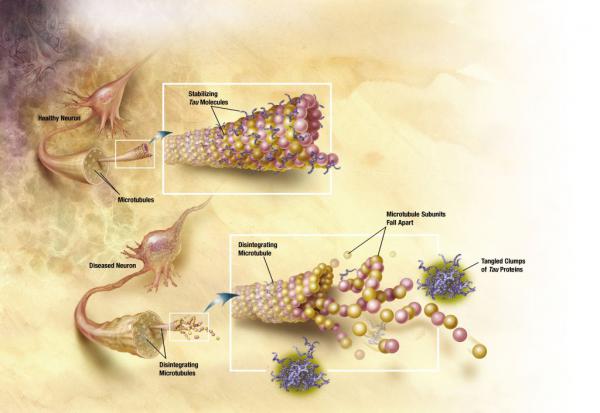Alzheimer's Disease
Alzheimer's disease is a neurological disease whose primary symptom is a progressive loss of memory and of acquired behavior. Patients also suffer from depression, uneasiness, or loss of appetite. It is estimated that the number of patients with Alzheimer's is around thirty million worldwide. There is no conventional cure that would halt the disease's progression; only a handful of pharmaceuticals capable of treating the symptoms.
Science and Cannabis Bring Hope
As soon as 2006, researchers from California published results of their study, which indicated that plant-based THC suppresses the production of enzyme that causes amyloid plaques to accumulate in the brain – the primary cause of Alzheimer's disease. Also, when compared to prescription medicine, THC's effectiveness was “significantly higher”.
Previous pre-clinical studies have shown that thanks to their antioxidant properties, cannabinoids may prevent the death of cells caused by increased glutamate levels. Scientists have confirmed that cannabinoids can, thanks to their neuroprotective effects, mitigate Alzheimer's progression, too.
The summary of cannabinoids’ effects on the disease was produced by researchers from Dublin's Trinity College Institute of Neuroscience (TCIN) in 2007: “Thanks to their neuroprotective and anti-inflammatory properties, benefits for reparatory mechanisms in the brain by stimulating the production of neurotrophins as well as benefits for neurogenesis, cannabinoids could become a comprehensive treatment for patients with the Alzheimer's.”
Related terms

